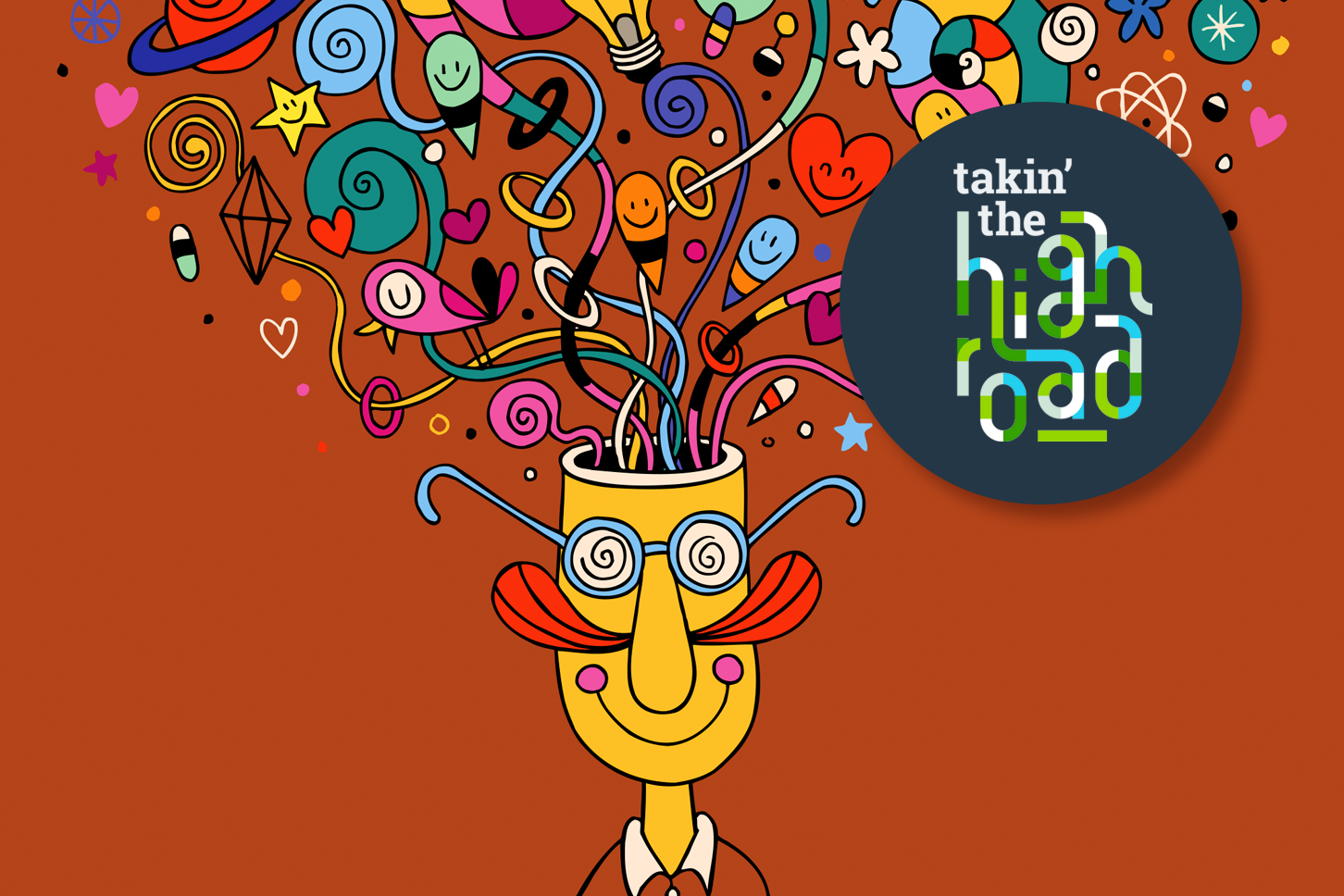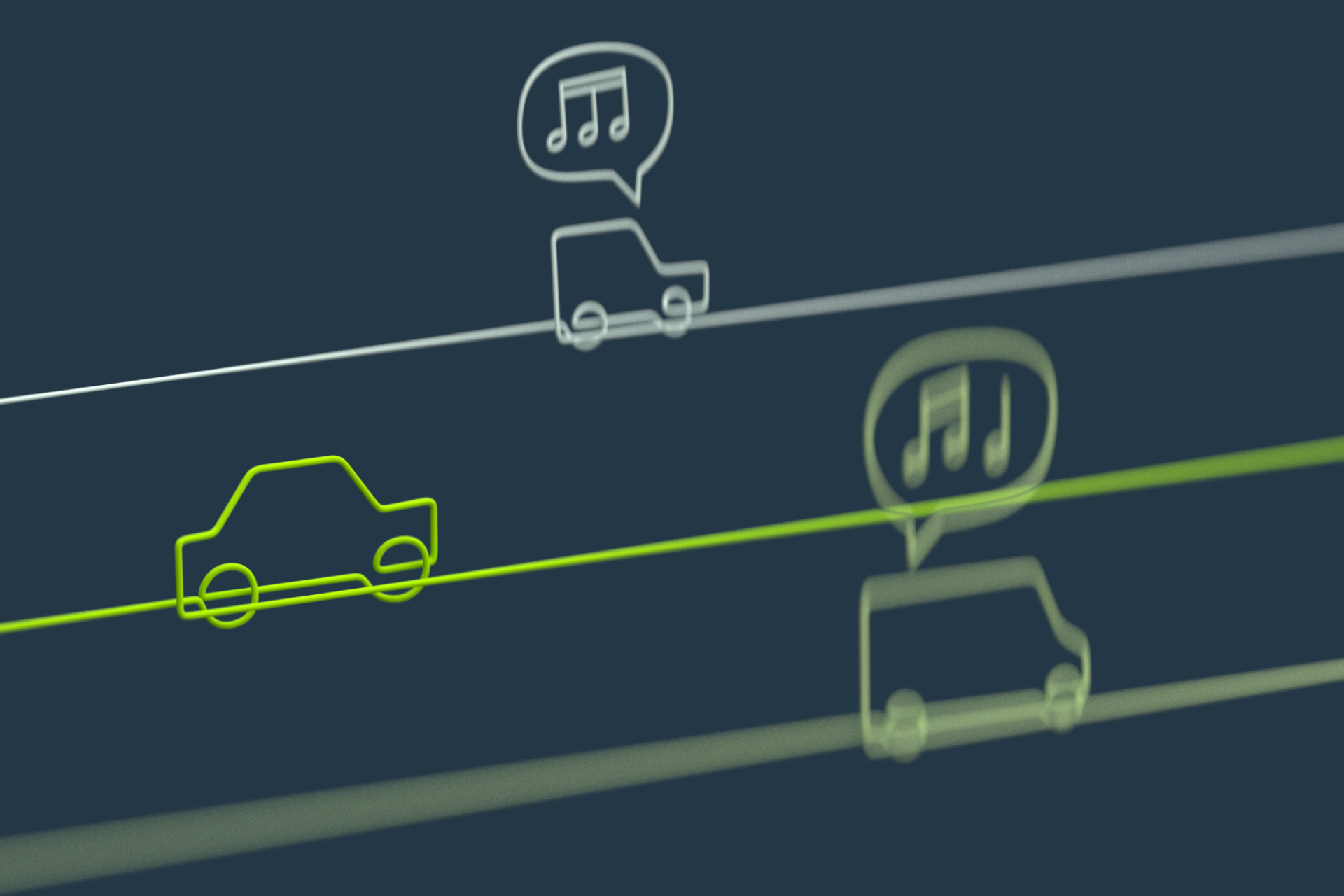Love on the brain: the health benefits of saying “I love you”
February 10, 2022
It only seems natural that on a day like Valentine’s Day, we make an effort to tell our loved ones that we love them. But, the fact is, not all of us say “I love you” beyond holidays or anniversaries, which is a shame because it’s a great thing to do.
Here to spread some love, let’s tap into the benefits of saying those three little magic words and what happens when you hear them.
The effects of saying “I love you”
You may think to yourself, “My loved ones know I love them.” But there’s a difference between implied love and saying it out loud. When you express your love for someone, the effect of love benefits you emotionally—and physically.
Expressing love can reinforce your feelings and remind loved ones (spouse, child, parent and friends) that you are there for them and that they’re important to you.
“Telling somebody you love them feeds the relationship, keeps it alive.”
Lisa Arango, Florida International University psychologist
Kory Floyd, a professor at Arizona State University, has studied the benefits of expressing love and its benefits to your health. He has found that communicating positive feelings for others can lower stress hormones, lower cholesterol and support a stronger immune system.
Stress hormones, a key focus in Floyd’s research, can indicate the level of affection someone does or doesn’t have. For example, he found that folks who are highly affectionate (saying “I love you” regularly) are less likely to experience stress and are more likely to experience positive feelings from the “feel-good” hormone oxytocin than those who aren’t as affectionate.
Make saying “I love you” a habit
Like we mentioned before, saying those three little words to the people you care about isn’t always as easy as it seems, and to make it a daily practice can seem daunting. But expressing love for others clearly can have its benefits—and here’s a little secret: you can say “I love you” in different ways and have its meaning stay the same.
What do we mean by that? It turns out you can say “I love you” without actually saying “I love you” in a few different ways. Psychology Today gives three expressions you can say that still show how much you care and love others.
1. “I’m here for you.”
2. “You matter so much to me.”
3. “How are you—really?”
Incorporating these expressions of love into your daily routine can help establish strong communication in your relationships. So how do you make it a habit? We have a few ideas for you. First, take a baby steps approach and say “I love you” before going to sleep. Another idea is to set a reminder on your phone to text someone once a day. You could also consider talking to your spouse about the benefits of expressing affection, like lowering stress.
Think about that for a minute. Saying “I love you” affects the brain that can help us not only lower stress but also help us feel good.
Which leads us to this—lowered stress can equal smoother driving on the road. With the right playlist, mindful breathing and expressing love to loved ones, you can help reduce your stress while driving. And with the right insurance (like HiRoad), you can be rewarded for the mindfulness you practice behind the wheel.
The information in this article was obtained from various sources not associated with HiRoad®. While we believe it to be reliable and accurate, we do not warrant the accuracy or reliability of the information. HiRoad is not responsible for, and does not endorse or approve, either implicitly or explicitly, the content of any third party sites that might be hyperlinked from this page. The information is not intended to replace manuals, instructions or information provided by a manufacturer or the advice of a qualified professional, or to affect coverage under any applicable insurance policy. These suggestions are not a complete list of every loss control measure. HiRoad makes no guarantees of results from use of this informationStay on the path
Get HiRoad in your inbox
Share your email to get the latest about our community of mindful drivers.



